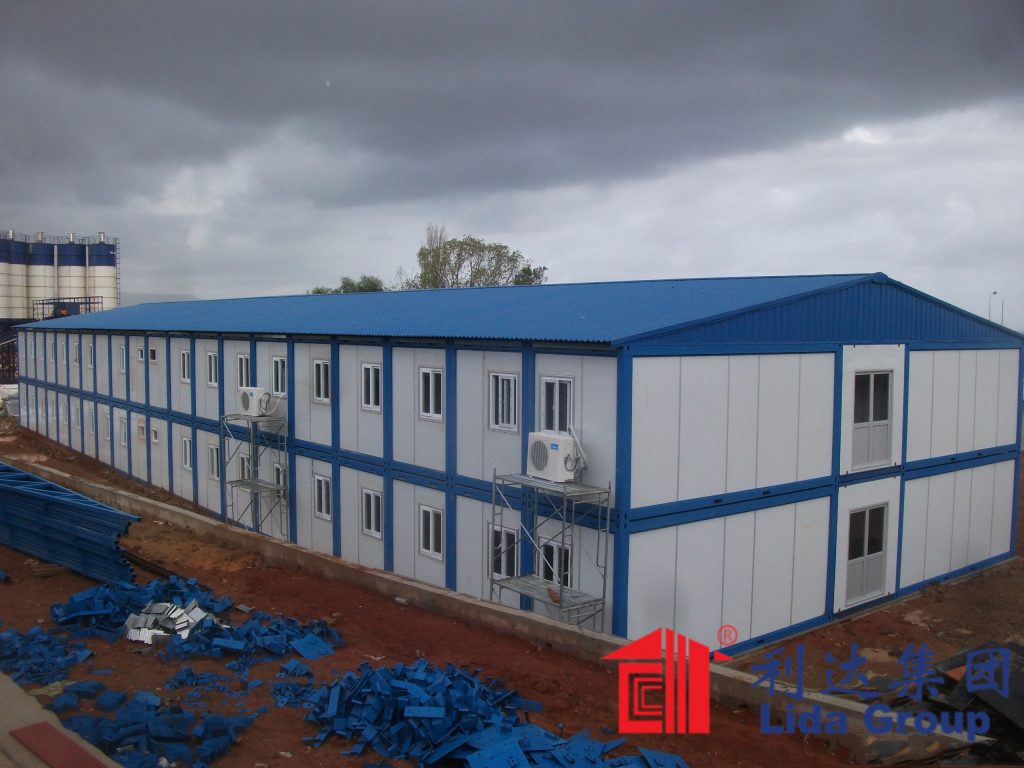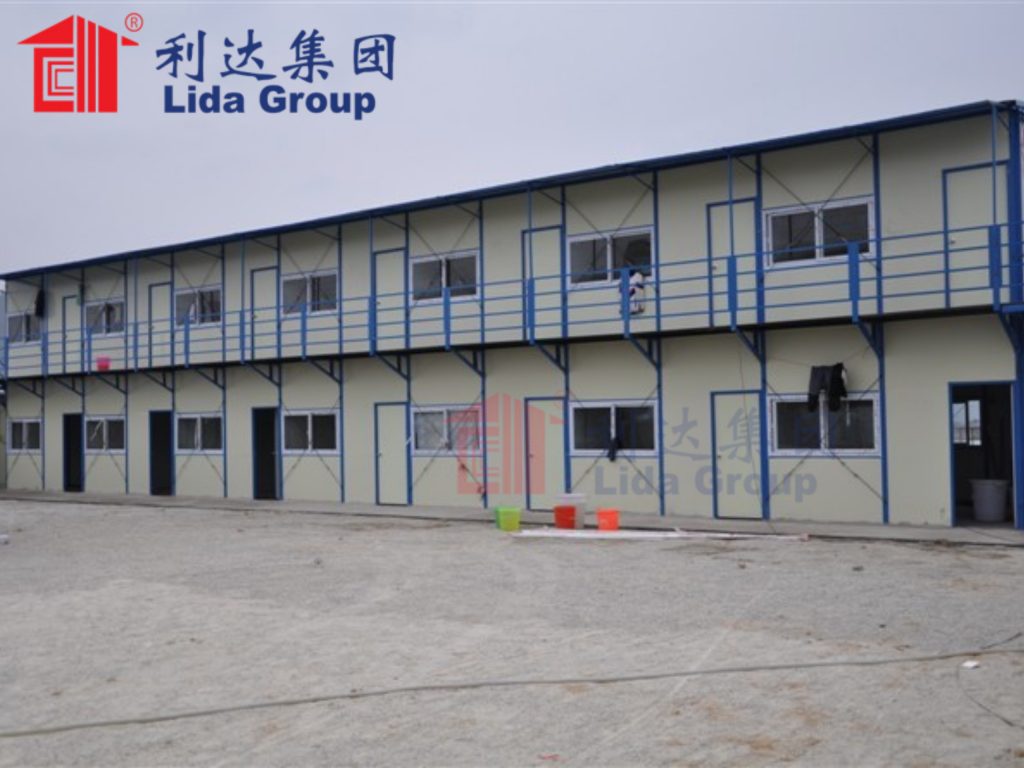Researching Acoustic Performance of Timber Prefabrication
With worldwide demand for prefabricated affordable housing skyrocketing, construction giant Lida Group is partnering with leading acoustic scholars to optimize the livability and wellness factors of their innovative timber-framed modular systems. Based on successful deployment of steel and cement panel designs internationally, the company is developing mass-timber alternatives aiming to surpass baseline sustainability standards through natural, acoustically-optimized materials.
A research collaboration has commenced between Lida, Beijing Forestry University and the University of Edinburgh to conduct in-depth analysis of sound transmission properties through Lida’s cross-laminated timber (CLT) panelized wall, floor and roof assemblies. The field of sustainable, well-crafted prefabricated construction offers immense potential for upgrading quality of life—particularly regarding noise control—within future labor and workforce housing communities according to lead researcher Dr. Qu Xinghua of BFU.
Timber Panel Core Design
Lida’s emerging CLT panel system substitutes sustainably-harvested lamellae timber for the rigid insulating foam boards at the structural cores of their signature sandwich element. By laminating and gluing together layers of lumber oriented in alternating directions, the material achieves immense rigidity and strength exceeding concrete or steel on a renewable basis.
Prior to shipment from Lida’s proposed megafactory outside Shanghai, wall, floor and roof cassettes constructed of bonded outer timber skins surrounding inner CLT cores would receive factory-fitted windows, doors, piping, wiring and joinery—streamlining on-site erection. Researchers aim characterizing sound transmission loss properties across standardized panel configurations to optimize module designs minimizing noise transmission between apartment units of future multi-story timber construction.

Acoustic Testing Methodology
Under laboratory conditions at University of Edinburgh’sworld-leading Institute for Sustainable Construction, test panels will undergo standardized acoustic measurement following ISO and ASTM protocols. This includes determining sound transmission class (STC) ratings through reverberation chamber and partition testing transmitting known frequencies from source to receiver rooms.
By substituting variables like core thicknesses, outer skin compositions, perimeter sealing and flanking path details, researchers seek establishing optimal configurations maximizing STC performance from the 40-45 baseline up toward desirable 50-55 ratings. This substantially diminishes transmitted noise from footsteps, voices and mechanical systems ensuring comfortable, healthy living environments even at high densities common to worker dormitories and apartments.
Field Monitoring
In a subsequent pilot phase, full-scale prototype buildings will be erected on the BFU campus incorporating top-performing test panel designs for in-situ monitoring. Wireless sensor networks embedded at construction will log real-time acoustical conditions from ambient sounds to impact sources like humming machinery, amplified media and neighboring conversations.
Researchers will correlate sensor data against residents’ subjective well-being feedback obtained via surveys and interviews. By tracking acoustic privacy and comfort levels across a range of scenarios from school and work schedules, insights guide panel optimization pursuing balance between cost, sustainability and quality of life metrics. Field results also aim validation of laboratory findings to ensure scalable timber prefabrication meets ambitious acoustic standards.

Modular Affordability & Sustainability
When paired with Lida’s highly efficient panelized modular assembly techniques, mass timber systems promise ultra-affordable, carbon-sequestering prefabricated housing for Southeast Asia’s enormous projected workforce demands according to construction economist Cheng Wei of the University of Malaya. Beyond shelter, optimized acoustic performance uplifts health, productivity and social cohesion—generating positive long term returns through resilient, happy communities.
Summary
In summary, through collaboration between leading acoustic researchers and construction giant Lida Group, emerging mass timber panelized prefabrication technology is poised to revolutionize sustainable, affordable global housing. Standardized CLT sandwich panel configurations optimized through comprehensive testing promise natural, carbon-negative structures exceeding noise control baselines to enhance well-being within future higher density workforce settlements worldwide. By balancing cost, efficiency and livability metrics, timber modular construction nurtures healthy, prosperous communities for generations to come.

Related news
-
New York Approves Proposal To Develop Vacant Inner-City Lots Into Sustainable Micro-Community Of 60 Steel Module Homes By Lida Group
2023-12-14 16:59:17
-
Lida Group Unveils New System For Interlocking Steel Shipping Container Home Modules Ensuring Rapid On-Site Assembly Without Foundation
2023-12-14 16:26:10
-
Research Finds Lida Group's Steel Container Houses Factory-Fitted With Plumbing And Electrical Systems Slashed Construction Time By 65%
2023-12-14 15:40:42
contact us
- Tel: +86-532-88966982
- Whatsapp: +86-13793209022
- E-mail: sales@lidajituan.com


